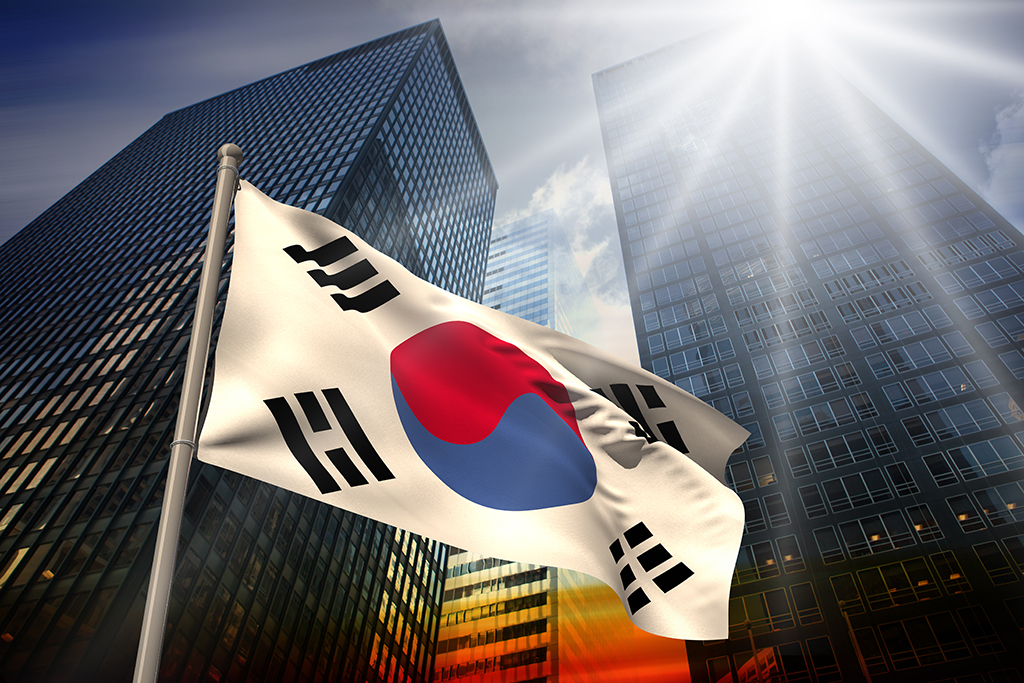The South Korean government unveiled a package likely to cost about 3.1 trillion won in state funds that would slash the expenditure burden for commodities and housing.
The batch of countermeasures against the high inflation rate was confirmed during a meeting of economy-related ministers, presided by Deputy Prime Minister and Finance Minister Choo Kyung-ho in Seoul.
A key provision is a zero-quota tax on food components such as wheat, flour, cooking oil, processed eggs, and pork until the end of the year.
As policymakers prepare to reduce the quota tariff on imported pork from 22.5-25 percent to zero percent, retail prices of pig products in the domestic market might fall by up to 20 percent, according to the Ministry of Economy and Finance.
The imposition of a quota tax on cooking oil and wheat will also be suspended from the existing 5 percent and 3 percent, respectively.
The zero-percentage-point levy on these commodities by year's end will be enforced in the coming days, while the temporary exemption on processed eggs will be extended.
Furthermore, the value-added tax on coffee and cocoa beans will be eliminated by 2023, resulting in a 9 percent reduction in import prices.
According to policymakers, these changes will have the impact of decreasing the nation's inflation rate by 0.1 percentage points every month.
To help low-income households with living expenditures, the government would issue discount coupons worth 10,000 won per individual for agriculture, livestock, and fishery items.
It also intends to prolong a six-month reduction in the consumption tax on passenger automobiles until the end of the year and a 30 percent reduction in the consumption tax on the purchase of passenger vehicles set to expire in June.
Improvements in resident circumstances in the home acquisition and interest on mortgages are among the initiatives.
Beginning in the third quarter, the maximum loan-to-value ratio for first-time home purchasers will be hiked to 80 percent, up from 60-70 percent now.
If a property costs 500 million won, first-time buyers can borrow up to 400 million won in mortgage loans as long as they are first-time home purchasers. However, the relaxed LTV ratio may fluctuate depending on geography and unit pricing.
In the midst of the benchmark interest rate continuing to rise for more than a year, the government will give select families mortgage conversion from high, floating loan rates to low, fixed rates.
Conversion of loan products worth 20 trillion won would be pushed for in collaboration with commercial banks and financial authorities, according to the statement.



 U.S. Stock Futures Rise as Markets Brace for Jobs and Inflation Data
U.S. Stock Futures Rise as Markets Brace for Jobs and Inflation Data  Taiwan Says Moving 40% of Semiconductor Production to the U.S. Is Impossible
Taiwan Says Moving 40% of Semiconductor Production to the U.S. Is Impossible  Nikkei 225 Hits Record High Above 56,000 After Japan Election Boosts Market Confidence
Nikkei 225 Hits Record High Above 56,000 After Japan Election Boosts Market Confidence  Uber Ordered to Pay $8.5 Million in Bellwether Sexual Assault Lawsuit
Uber Ordered to Pay $8.5 Million in Bellwether Sexual Assault Lawsuit  Prudential Financial Reports Higher Q4 Profit on Strong Underwriting and Investment Gains
Prudential Financial Reports Higher Q4 Profit on Strong Underwriting and Investment Gains  India–U.S. Interim Trade Pact Cuts Auto Tariffs but Leaves Tesla Out
India–U.S. Interim Trade Pact Cuts Auto Tariffs but Leaves Tesla Out  Weight-Loss Drug Ads Take Over the Super Bowl as Pharma Embraces Direct-to-Consumer Marketing
Weight-Loss Drug Ads Take Over the Super Bowl as Pharma Embraces Direct-to-Consumer Marketing  China Extends Gold Buying Streak as Reserves Surge Despite Volatile Prices
China Extends Gold Buying Streak as Reserves Surge Despite Volatile Prices  SpaceX Prioritizes Moon Mission Before Mars as Starship Development Accelerates
SpaceX Prioritizes Moon Mission Before Mars as Starship Development Accelerates  Australian Pension Funds Boost Currency Hedging as Aussie Dollar Strengthens
Australian Pension Funds Boost Currency Hedging as Aussie Dollar Strengthens  Australian Household Spending Dips in December as RBA Tightens Policy
Australian Household Spending Dips in December as RBA Tightens Policy  Gold and Silver Prices Rebound After Volatile Week Triggered by Fed Nomination
Gold and Silver Prices Rebound After Volatile Week Triggered by Fed Nomination  Washington Post Publisher Will Lewis Steps Down After Layoffs
Washington Post Publisher Will Lewis Steps Down After Layoffs  Oil Prices Slip as U.S.-Iran Talks Ease Middle East Tensions
Oil Prices Slip as U.S.-Iran Talks Ease Middle East Tensions  Once Upon a Farm Raises Nearly $198 Million in IPO, Valued at Over $724 Million
Once Upon a Farm Raises Nearly $198 Million in IPO, Valued at Over $724 Million 































